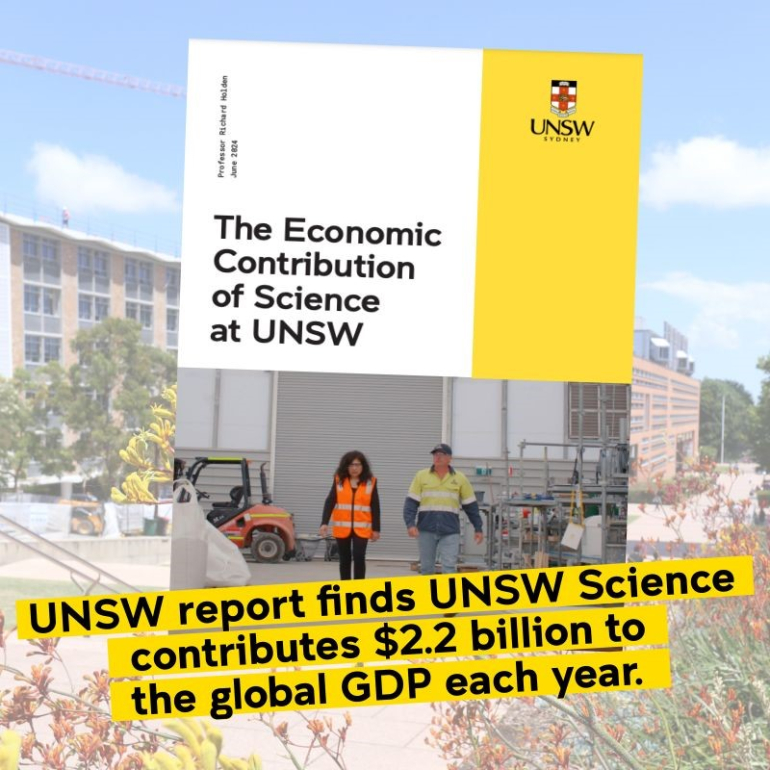Latest news
Read the latest news from the Centre for Sustainable Materials Research and Technology

UNSW SMaRT Centre and key industry partner Kandui Technologies feature in a new story about the business value of scientific research.
SMaRT Director Prof Veena and Kandui CEO Andrew Douglas in the story and videos talk about their collaboration with Kandui as a commercial operator of SMaRT's Green Ceramics MICROfactorieTM Technology.
Andrew unpacks the decade long collaboration as part of UNSW Science's newly released Pact for Impact initiative, designed to showcase the range of tangible benefits when industry and scientists collaborate on solving real world challenges, including this economic benefits report showcasing the SMaRT/Kandui collaboration.
Read the full story in Business Think
Excerpt:
Prof. Sahajwalla pointed to the Shoalhaven Green Ceramics MICROfactorie, a partnership amongst the UNSW SMaRT Centre, the Shoalhaven City Council and Kandui Technologies using SMaRT’s patented Green Ceramics technology, as a compelling case study of the real-world impact of UNSW research. Green Ceramics, one of two MICROfactorie technologies developed by the SMaRT Centre and operating commercially, reforms waste textiles, problematic glass and other waste materials into ceramics for the built environment, such as for floors and walls and tabletops/benchtops.
“The Shoalhaven Green Ceramics MICROfactorie is able to find new uses for many tonnes of waste glass, often composite and layered glass, and textiles that either can’t be recycled or reused in some manner that would have gone into landfill or potentially shipped overseas for an uncertain future,” Prof. Sahajwalla explained. “Kandui and the council have created new jobs using the technology and are now extracting a much higher value from the waste they are reforming into highly sought-after ceramics that do not have any of the silicosis concerns and issues of many other natural stone products.”
SMaRT has also developed the versatile Green Steel Polymer Injection Technology for electric arc furnace steelmaking, as part of its suite of technologies designed to help with the global goal of moving towards a circular economy.
“By allowing a diverse range of organisations to participate in research and development work, the collaborative approach between industry and researchers fosters innovation and empowers entities at various skill levels to take ownership of the process,” Prof. Sahajwalla said. “For me, the transformation of waste into valuable feedstock for remanufacturing represents a profound shift – and opportunity – in our approach to resource sustainability, decarbonisation and creating a circular economy.”
Below is a video of a panel discussion about researcher/industry collaboration, which commences at 18:00 with Andrew Douglas introduced at 19:00 and his talk starting at 47:00.
Further below is a short 4-minute overview video of the collaboration featuring discussion with both Andrew and SMaRT Centre Director Prof Veena about their collaboration, which is also being supported by the partly Federal Government funded Trailblazer for Recycling and Clean Energy Program, hosted by UNSW and University of Newcastle.